10 Things to Do before Your Children Leave for
10. Complete all of the camp paperwork. This provides the camp with valuable details about your child that they can pass onto their health center and counselors. Knowing your children’s interests before they arrive helps the camp place them into cabins or bunks in which they’ll thrive, provide them with the best program options, and be able to supply them with any medication they may require.
9. Buy stationary, pre-address and stamp envelopes for letters home. Many camps have specific time set aside in their daily schedules for writing home. Pre-addressed envelopes help ease the process of sending the letters campers have so lovingly written. This is particularly the case for younger campers. Also, familiarize yourself with your children’s camp policy regarding camp packages to avoid disappointment that may result from sending items that are undeliverable to your children.
8. Review the camp’s packing list and make sure you have everything. Don’t overlook things like extra socks and underwear as well as rain gear and warm clothing.
7. Review your camp’s handbook with your children. Camp handbooks contain valuable information regarding the expectations of campers. Emphasize that camps put such guidelines in place for the safety and well being of their campers so that they can insure everyone has the most fun possible.

5. Make sure your children’s camper accounts are in order. Some camps maintain “spending accounts” for campers. These accounts provide additional funds for campers to take along on out of camp trips to purchase souvenirs or treats. If you’re unclear at all, call the camp office. Keep in mind that these are often separate accounts from those that cover in-camp expenses such as canteen and laundry services.

 3. Pack. It sounds so simple. Yet, for camp, it’s quite the production. Most camps strongly advise against packing any clothing that can’t withstand commercial laundry services. It’s also wise to remember that camps often downplay the importance of physical appearance, which means leaving the “dry clean only” and “one of kind” items at home is typically a good idea. Once you have your children’s bags packed, don’t forget to arrange for them to be delivered to camp by the designated date.
3. Pack. It sounds so simple. Yet, for camp, it’s quite the production. Most camps strongly advise against packing any clothing that can’t withstand commercial laundry services. It’s also wise to remember that camps often downplay the importance of physical appearance, which means leaving the “dry clean only” and “one of kind” items at home is typically a good idea. Once you have your children’s bags packed, don’t forget to arrange for them to be delivered to camp by the designated date.
2. Review the bus pickup location and procedures. It’s particularly important to understand what your children can take on the plane or bus and what they can’t. Carefully review whether lunch will be provided for your children either on the trip or when they get to camp, or if you should provide packed lunches for them. Understand the carry-on limitations, particularly in regard to sports equipment. Finally, be on time to the departure point. Of course, people inevitably get stuck in traffic or lost (as is particularly the case for new pickup locations), but try to get a sense of where you’re going ahead of time and leave a bit early if necessary.
 1. Wish your children an unbelievable, happy summer. They’re going to have one! But knowing you’re supporting them 100% just makes it that much better— particularly for first time campers. Remind them of all the fun they’re going to have. Let them know that you can’t wait to hear about it in their letters, and that you’ll be monitoring the camp’s website daily for blogs and photographs in addition to sending them letters and email.
1. Wish your children an unbelievable, happy summer. They’re going to have one! But knowing you’re supporting them 100% just makes it that much better— particularly for first time campers. Remind them of all the fun they’re going to have. Let them know that you can’t wait to hear about it in their letters, and that you’ll be monitoring the camp’s website daily for blogs and photographs in addition to sending them letters and email.




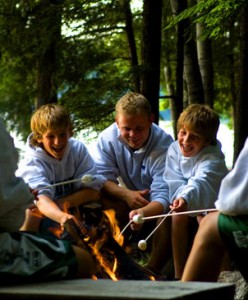
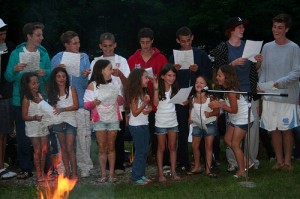
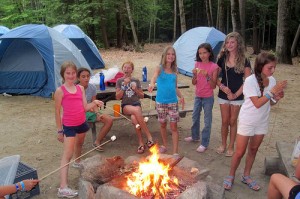
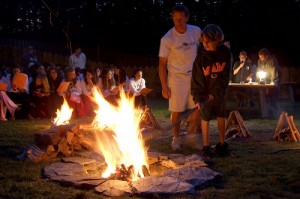
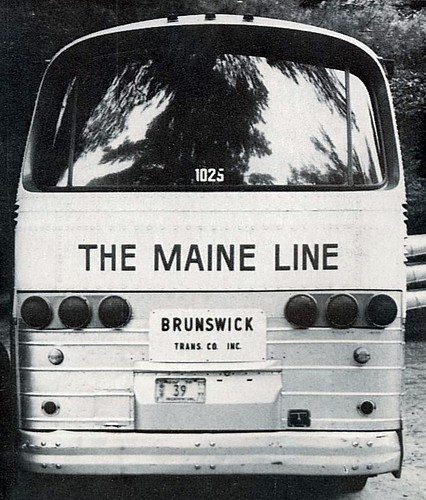
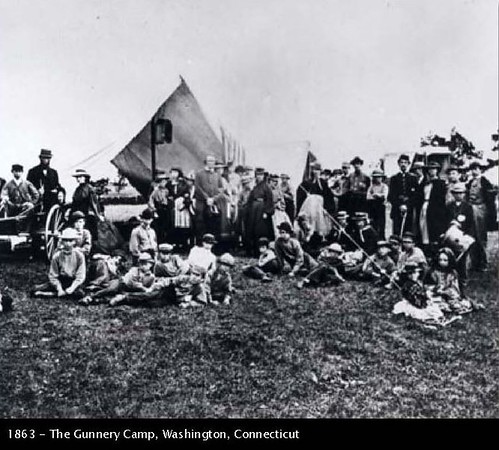
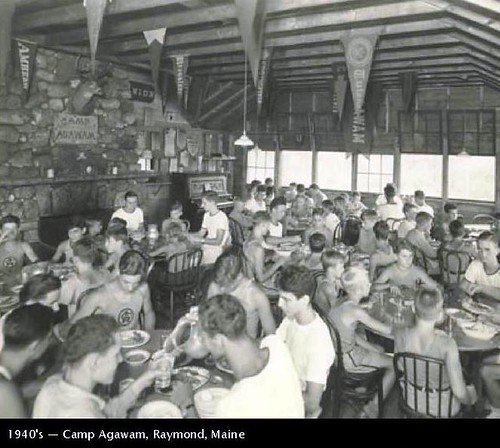
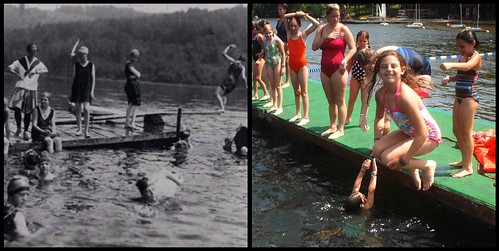
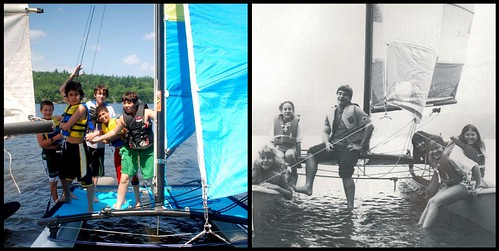
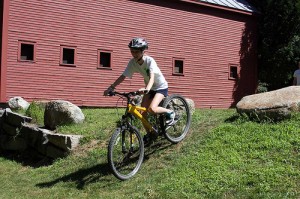
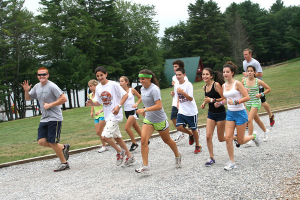
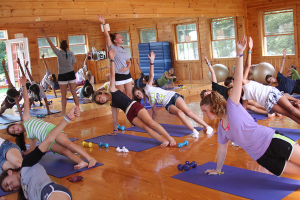
 When I think about “camp songs,” I immediately think about singing around campfires, but each year at camp also has a distinct popular music soundtrack. Recently, campers weighed in on Twitter about the tunes that remind them of past summers and that got me thinking about what the United States and camp was like in the 1960s and 1970s.
When I think about “camp songs,” I immediately think about singing around campfires, but each year at camp also has a distinct popular music soundtrack. Recently, campers weighed in on Twitter about the tunes that remind them of past summers and that got me thinking about what the United States and camp was like in the 1960s and 1970s.
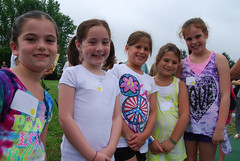
 Moving from one year towards the next has me thinking about summer camp in the past and future. For over a century, summer camps in the United States have helped millions of American children develop and grow as well as start negotiating their worlds outside of immediate families and neighborhoods. At first, a small number of elite camps only served boys, and primarily Protestant boys at that — but by the time the prosperous years after World War II were in full swing, approximately one in six American children went to camp, usually for eight weeks at a time. Throughout the 20th century, camps changed to serve all children including varying camp lengths, welcoming girls, and opening their gates to all races.
Moving from one year towards the next has me thinking about summer camp in the past and future. For over a century, summer camps in the United States have helped millions of American children develop and grow as well as start negotiating their worlds outside of immediate families and neighborhoods. At first, a small number of elite camps only served boys, and primarily Protestant boys at that — but by the time the prosperous years after World War II were in full swing, approximately one in six American children went to camp, usually for eight weeks at a time. Throughout the 20th century, camps changed to serve all children including varying camp lengths, welcoming girls, and opening their gates to all races. As summer camps have become more inclusive, the world that children experience both in the United States and globally has also become very different. Many children have access to a much broader world through travel, moving images, or other technologies, but some things just haven’t changed. For instance, our pre-college age identities are still informed by interactions with peers and people connected to our individual worlds, directly translating to the people we make direct contact with. While community is still central to human development, many of our daily communities are no longer bound by neighborhood blocks tied to local shared institutions and celebrations. Our families and extended social circles filter across state, nation and even electronic borders.
As summer camps have become more inclusive, the world that children experience both in the United States and globally has also become very different. Many children have access to a much broader world through travel, moving images, or other technologies, but some things just haven’t changed. For instance, our pre-college age identities are still informed by interactions with peers and people connected to our individual worlds, directly translating to the people we make direct contact with. While community is still central to human development, many of our daily communities are no longer bound by neighborhood blocks tied to local shared institutions and celebrations. Our families and extended social circles filter across state, nation and even electronic borders. Past, present and future campers are all part of a lively and creative shared community where remembering a song, a person, an event, a skit, food or a poignant moment can instantly transport peers back to camp. So, what you would add to a time capsule to “capture” the timeless spirit of camp and why? We’d love to hear what alumni and present campers would include in an electronic time capsule, so get scanning or writing up those memories and lessons learned! If you’re not sure how to get started, ask questions in the comments below!
Past, present and future campers are all part of a lively and creative shared community where remembering a song, a person, an event, a skit, food or a poignant moment can instantly transport peers back to camp. So, what you would add to a time capsule to “capture” the timeless spirit of camp and why? We’d love to hear what alumni and present campers would include in an electronic time capsule, so get scanning or writing up those memories and lessons learned! If you’re not sure how to get started, ask questions in the comments below!
 While no actual human being develops in the precise
While no actual human being develops in the precise  As children mature, they continue to develop and require more experiences where they can make independent choices without parents. If parents don’t allow children to make decisions and do things on their own, they won’t develop confidence or realize that they are not just extensions of their caregivers. It’s a tricky line that parents walk! Sometimes giving child
As children mature, they continue to develop and require more experiences where they can make independent choices without parents. If parents don’t allow children to make decisions and do things on their own, they won’t develop confidence or realize that they are not just extensions of their caregivers. It’s a tricky line that parents walk! Sometimes giving child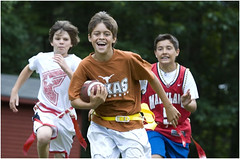
 Of course, the
Of course, the 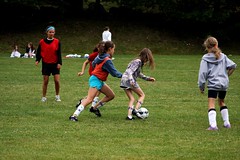 As parents, we are always on the lookout for experiences that help our children learn new skills. We enroll them in music lessons, martial arts, sports, theatre, choir and, of course, summer camps. But we all know that the best programs (and the best educational experiences) are ones that go beyond the basics of teaching skills to help develop our children’s character. The basics of character — trustworthiness, respect, responsibility, fairness, caring and citizenship — are all essential ingredients in summer camp experiences.
As parents, we are always on the lookout for experiences that help our children learn new skills. We enroll them in music lessons, martial arts, sports, theatre, choir and, of course, summer camps. But we all know that the best programs (and the best educational experiences) are ones that go beyond the basics of teaching skills to help develop our children’s character. The basics of character — trustworthiness, respect, responsibility, fairness, caring and citizenship — are all essential ingredients in summer camp experiences.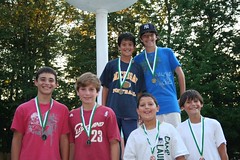 Everything we’ve written about on this blog so far — being ready for camp, unplugging from the digital world, traveling to camp, developing interpersonal communication skills, interacting with camp counselors, participating in camp traditions, and learning new sports and skills all contribute to building character.
Everything we’ve written about on this blog so far — being ready for camp, unplugging from the digital world, traveling to camp, developing interpersonal communication skills, interacting with camp counselors, participating in camp traditions, and learning new sports and skills all contribute to building character.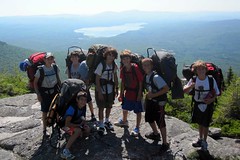 It’s no surprise, really. Camp activities, to be successful, require all the participants to have self-discipline and an unselfish sense of camaraderie. “There is just something about living with a group of boys,” mom Wendy says after sending her only son Justin to camp for the first time. Living communally in cabins and bunks requires teamwork, creativity and a willingness to work together.
It’s no surprise, really. Camp activities, to be successful, require all the participants to have self-discipline and an unselfish sense of camaraderie. “There is just something about living with a group of boys,” mom Wendy says after sending her only son Justin to camp for the first time. Living communally in cabins and bunks requires teamwork, creativity and a willingness to work together.
 In an earlier
In an earlier 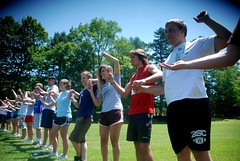
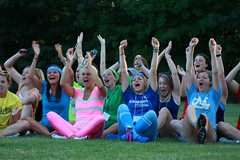 All this training and teamwork that begins in Orientation quickly spills over into a great summer for the kids. But the seven days of Orientation before camp starts is just the beginning. Camp staff attend weekly meetings and trainings, and everyone receives ongoing support from their supervisors on a daily basis. Without a well-trained staff, no camp can have a successful season. The right people – people who love children and are good at working with them – create the foundation for a terrific summer of experiences and memories for the most important people on campus, your children.
All this training and teamwork that begins in Orientation quickly spills over into a great summer for the kids. But the seven days of Orientation before camp starts is just the beginning. Camp staff attend weekly meetings and trainings, and everyone receives ongoing support from their supervisors on a daily basis. Without a well-trained staff, no camp can have a successful season. The right people – people who love children and are good at working with them – create the foundation for a terrific summer of experiences and memories for the most important people on campus, your children.